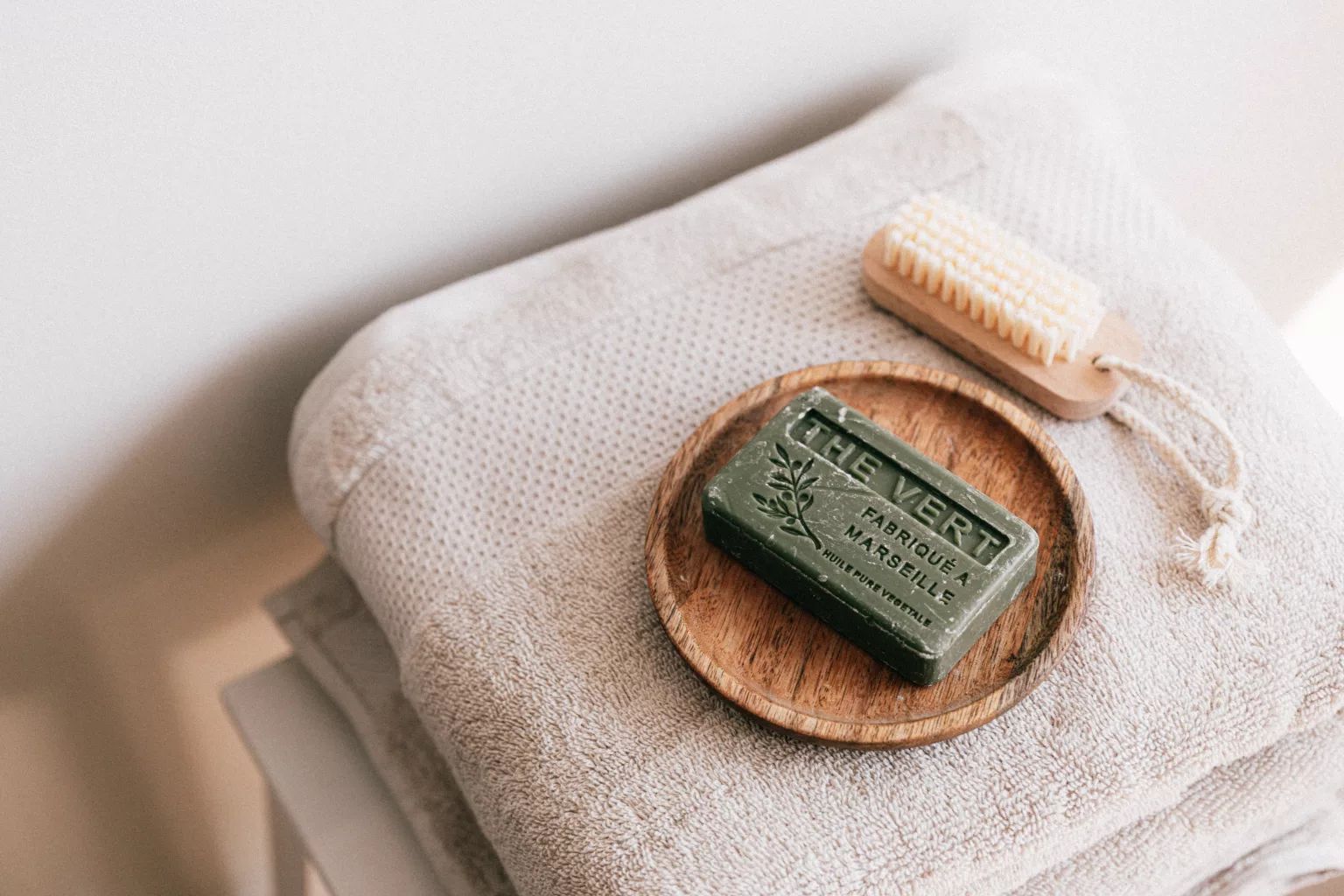The truth about dirty sponges
When it comes to cleaning, there are a lot of misconceptions out there. Many people believe that the toilet is the dirtiest place in the house, but in reality, a sponge for washing dishes is much dirtier. Bacteria thrive in moist and warm areas, which is why sponges are a breeding ground for germs. In fact, there are 400 times more bacteria on a sponge than on a bathroom board.
Soap and bacteria
Another common misconception is that soap kills bacteria. While soap can help wash bacteria off your skin, it does not actually kill them. Antibacterial soaps are not necessary, and regular soap and warm water for 20-30 seconds is sufficient for removing almost all bacteria.
Antibacterial cleaning agents
There is also a belief that only antibacterial cleaning agents can clean effectively, but this is not true. Most microorganisms are harmless, so antibacterial agents are generally unnecessary. In addition, these agents can disturb the pH balance, which can be harmful. A vinegar-based cleaning agent is often sufficient for most surfaces, except for fine and sensitive ones.
The source of dirt in our homes
It may seem like dirt just appears out of nowhere, but in reality, most of the dirt in our homes is our own creation. Dust is a collection of dead cells from our skin, hair, and fabrics. Knowing that we lose about 40,000 skin cells every minute, it’s no wonder our homes get dirtier when guests leave.
The truth about cutting boards
When it comes to kitchen cutting boards, many people believe they are full of bacteria and pose a risk to our health. However, wooden and plastic cutting boards are not dangerous if cleaned regularly and thoroughly. Wood, in fact, has natural antibacterial properties due to its resin and essential oils. Some types of wood also contain tannin, which can kill germs. Additionally, the wood dries quickly, which further kills bacteria. If you wash plastic cutting boards in the machine at a temperature of 60 degrees, it will kill everything that shouldn’t be on them.
Conclusion
In conclusion, understanding these misconceptions about dirt can help us maintain a clean and healthy home. By using the right cleaning products and techniques, we can keep our homes free from harmful bacteria and germs. So, next time you clean your house, keep these facts in mind and clean smartly.
